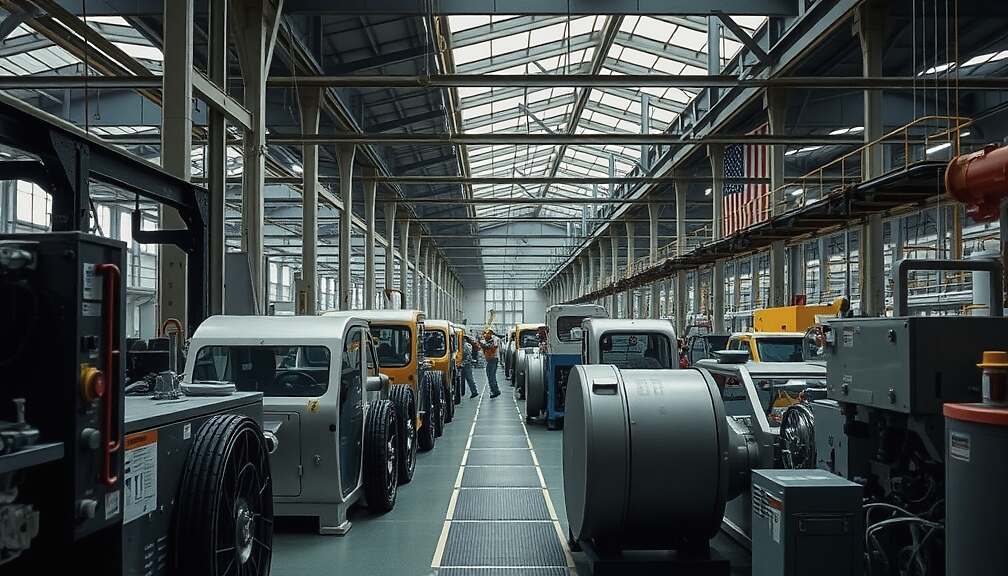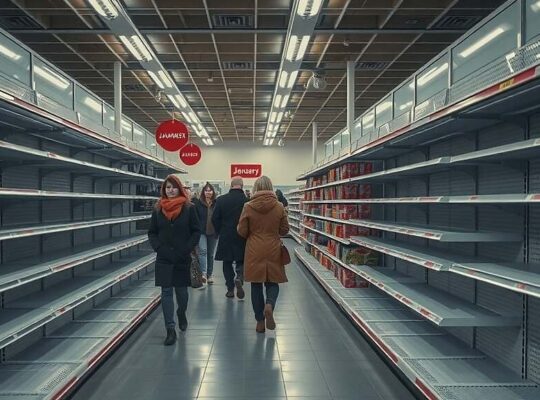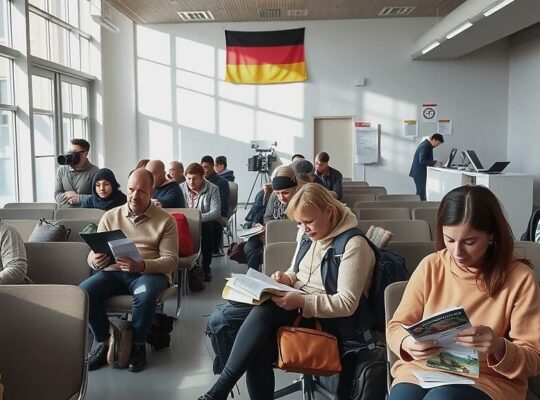Recent data released by the Statistical Federal Office (Destatis) paints a mixed picture of Germany’s industrial sector, revealing a modest increase in new orders while simultaneously highlighting underlying vulnerabilities within the nation’s manufacturing base. The real volume of orders in the manufacturing sector rose by 0.6% in September 2025 compared to August, a gain attributed primarily to growth in the electrical equipment, data processing and automotive industries. Year-on-year, the increase is more substantial, with a 4.1% rise in orders – a figure that, while positive, requires deeper scrutiny when considering broader economic headwinds.
While the uptick is initially perceived as encouraging, the sectoral breakdown reveals a dependency on specific areas. The reliance of this overall growth on electrical and automotive sectors raises questions about the sustainability of this trend. A surge in demand for data processing equipment could indicate increased investment in digitalization – a strategic priority for the German government – but also reflects potential inflationary pressures and supply chain bottlenecks impacting component availability.
Furthermore, despite an increase in foreign orders (0.9%) compared to domestic orders (0.3%), the relatively short order backlog duration – 7.9 months overall, with even lower figures for consumer goods manufacturers (3.6 months) – suggests a cautious optimism amongst businesses. These short lead times could indicate an unwillingness to commit to larger production runs due to lingering uncertainties surrounding global economic stability and geopolitical tensions. The low backlog in consumer goods manufacturing, in particular, points to weakening consumer demand, potentially driven by rising energy prices and concerns about a recession.
The rise in orders for capital goods (0.4%) is a crucial indicator, yet the 10.7-month backlog, while stable, remains a concern. Delays in investment projects are a significant risk for future economic growth and while the current stability is reassuring, sustained investment is crucial to maintain competitiveness.
Critically, the data underscores the ongoing challenge of balancing government initiatives promoting technological advancement with the need to bolster resilience within the entire manufacturing ecosystem. While targeted sectors may be experiencing growth, a broader diversification of demand and a proactive strategy to address potential chokepoints in supply chains remain paramount to securing Germany’s position as a manufacturing powerhouse. Further analysis is needed to determine whether this current positive momentum is a sign of robust recovery or a temporary reprieve from more significant underlying economic pressures.












